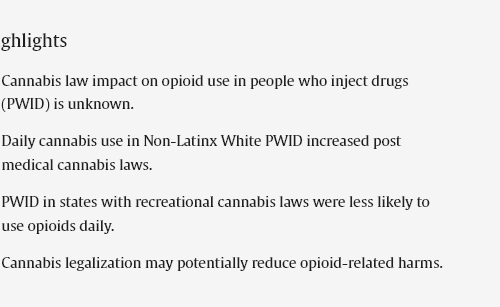By Jacob Sullum
A new study reported in Annals of Epidemiology finds that, contrary to drug czar Gil Kerlikowske’s warnings, passage of medical marijuana laws is not associated with increases in adolescent pot smoking. Analyzing data from the National Survey on Drug Use and Health, researchers at McGill University found that teenagers in states that enact such laws are more apt to smoke pot, but that is because of pre-existing differences. It seems “states with higher use are more likely to enact laws.” The researchers found little evidence that allowing patients to use marijuana as a medicine makes teenagers more likely to use it recreationally. “If anything,” they write, “our estimates suggest that reported adolescent marijuana use may actually decrease after passing MMLs [medical marijuana laws].” They say such an effect “could be plausibly explained by social desirability bias or greater concern about enforcement of recreational marijuana use among adolescents after the passage of laws.” Evidently Kerlikowske is wrong to worry that linking a drug to cancer and AIDS patients makes it seem cooler to the kids.
These results are consistent with the conclusions of reports from the Marijuana Policy Project and the Institute for the Study of Labor, both of which found no increase in adolescent use attributable to medical marijuana laws. The latter study did, however, find an increase in adult consumption, which was associated with a decline in traffic fatalities.


